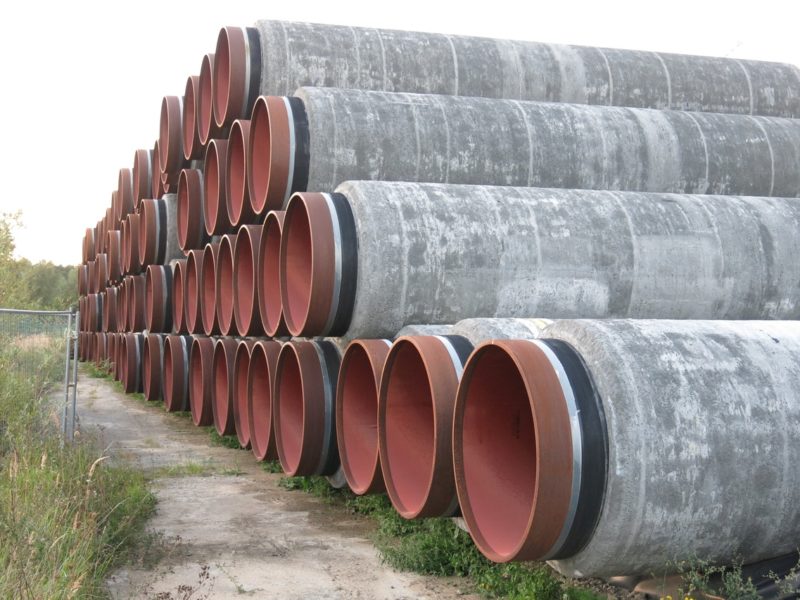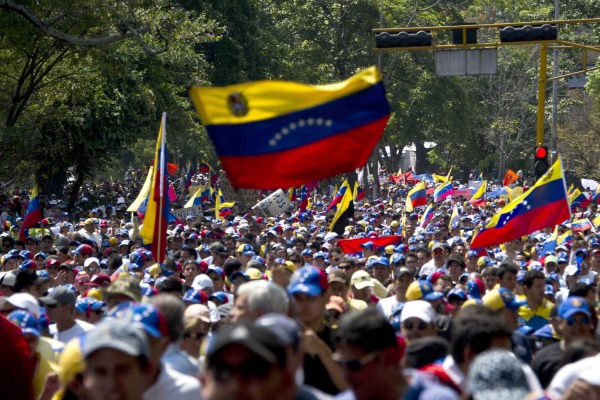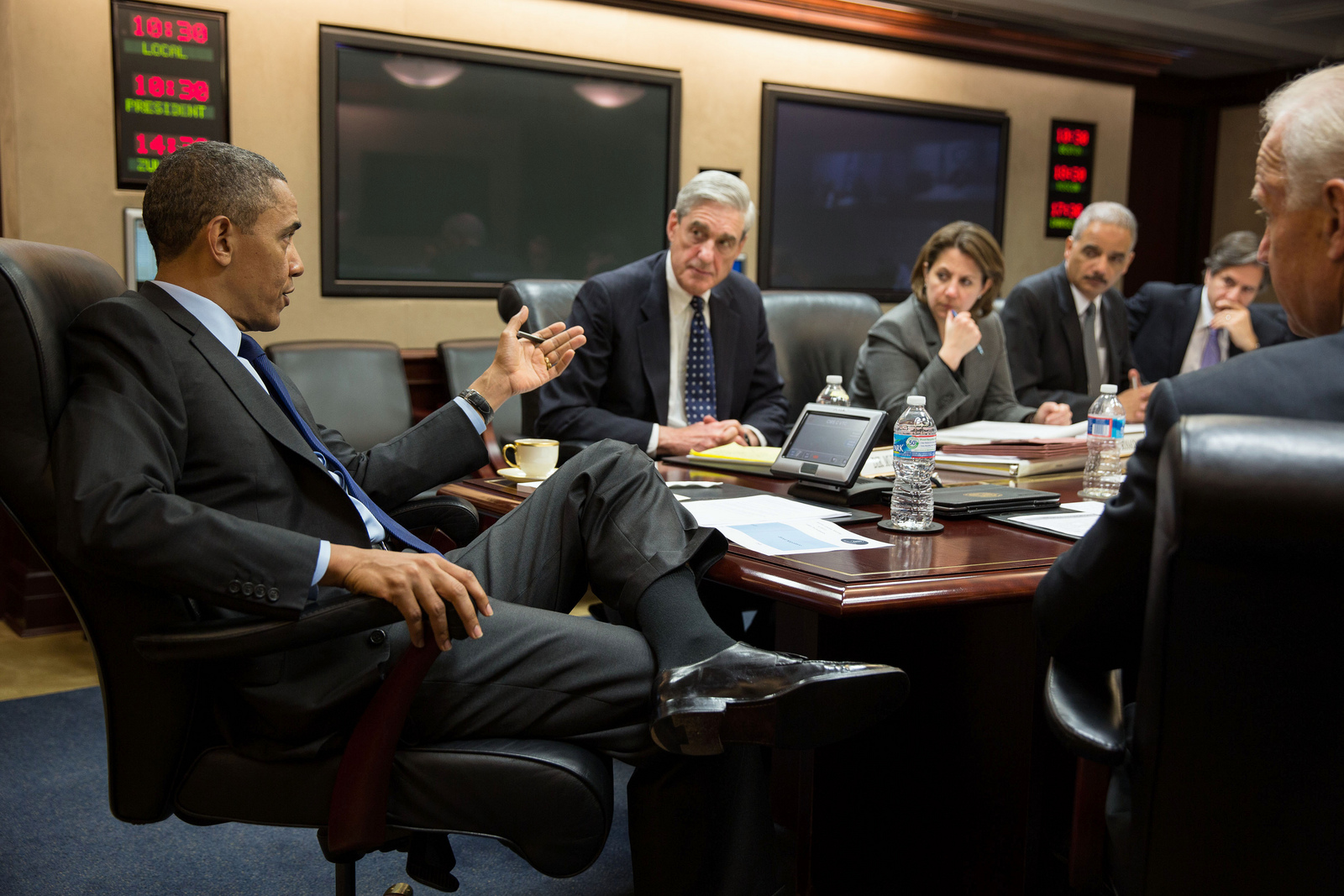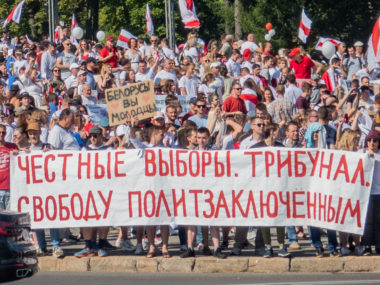Guest post by Debra Leiter and Rebecca Best
Vladimir Putin almost certainly failed to anticipate that Germany would be willing to sacrifice the benefits of cheaper Russian gas to punish Russian aggression in Ukraine. But Tuesday, German Chancellor Olaf Scholz indefinitely paused certification of the completed Nord Stream 2 pipeline to “reassess” the situation. While the move didn’t stop Putin from invading Ukraine—by that point Putin already had too much skin in the game to risk the loss of face from backing down—it has substantially raised the costs for Russia. Why did Germany do this, and why didn’t Putin see it coming?
Inflation is up around the world and so are gas prices—especially in Europe. If access to Russian fuel benefits Europe in normal times, it’s even more critical now. If you happen to be one of the world’s top exporters of petroleum and natural gas, as Russia is, a global squeeze is a great time to maximize your leverage. On top of this, Germany and other European countries have invested heavily in developing renewable energy sources. Putin can’t help but see this shift as a threat to Russia’s position in Europe. The more time passes, the less reliant Europe, and especially Germany, will be on Russia. The oil crisis and Europe’s shift toward renewables likely influenced Putin’s decision to escalate conflict with Ukraine as his leverage will likely never be higher.
Germany’s past behavior suggested it would not halt the Nord Stream 2 pipeline. Germany’s policy position on the pipeline has been a consistent source of discontent among its European and NATO partners. The pipeline projects, which began in 2005 under Chancellor Gerhard Schroeder of the Social Democratic Party (SPD), have been a cornerstone of the SPD’s economic policy. Angela Merkel has been a long-time skeptic of Putin, but her government and the Christian Democratic Party (CDU) refused to intervene in its construction. As the two largest parties in Germany have consistently supported or failed to object to the development of the Nord Stream 2 gas pipeline (indeed, Gerhard Schroeder serves as the chair of Nord Stream and has been invited to join the board of Russia’s state-owned energy company Gazprom), there appeared few pathways to stop its completion, a critical part of Putin’s calculation.
Adding to the time crunch, Putin’s domestic support has been declining in recent years. Though there is evidence that many Russians do not want war with Ukraine, Putin may believe the invasion will unite Russians behind him and shore up his strong man reputation.
What did Putin miss? Why was Germany willing to turn off the gas now?
The September 2021 elections in Germany changed the political landscape. To the surprise of many, the Social Democrats captured the most seats. Following Merkel’s decision to step down as chancellor, Germany’s two largest parties, the Christian Democrats and the SDP both had their worst election results in modern German history. It was the smaller parties in Germany—the liberal Free Democrats (FDP) and the Green Party—that proved critical in forming a coalition with the SDP. For the first time in 16 years, the CDU was not a member of Germany’s governing coalition.
If Putin miscalculated, it was a miscalculation in two parts. The first miscalculation was focusing only on the policy preferences of Chancellor Scholz and his SPD party, which have been ardent supporters of the pipeline. The second was to underestimate how much influence the junior coalition partners would have following a public conflict over the issue.
Shutting off, at least temporarily, Nord Stream 2 is well within the policy and political interest of the junior coalition members. Indeed, in changing their strategy around Nord Stream 2, the Stoplight coalition, as Germany’s governing coalition is called after the colors of its three members, is likely to hold on to political power by shutting off the power for a while. The Green Party has long pushed Germany towards more sustainable sources of power, and a sharp increase in prices of natural gas may speed that transition. Germany’s economic minister and Green Party member Robert Habeck acknowledged the likely increase in costs associated with natural gas, and promised to cut taxes on natural gas as a stop-gap measure. These so-called “green taxes” have been a cornerstone of Green political strategy and the willingness to lift them signals a credible commitment to forego Russian gas. The FDP, meanwhile, has consistently opposed the pipeline, in favor of a common European Union energy policy. In shutting down the pipeline, or delaying it, Germany falls closer in line with its European allies, moving towards the FDP’s goal.
Additionally, Putin misread the willingness of the junior coalition partners to ignore the pipeline for the sake of coalition stability. Debate within the governing coalition over the fate of the pipeline came to a head in December, but as of earlier this month, the pipeline was set to open and it seemed the debate was over. The absence of any mention of the pipeline in the coalition agreements, and the unwillingness of lead critic and German Foreign Minister Annalena Baerbock to discuss the issue in December may have led Putin to assume that the preferences of these junior partners held little threat. However, their objections created the grounds for Chancellor Olaf Scholz to put aside his own party’s preferences for coalition stability. And by framing it as a “pause” rather than shutting it down completely, he creates political leverage with Russia while assuaging some of the concerns of his own party.
In demonstrating their willingness to act in regard to Nord Stream 2, European political leaders have demonstrated that Putin has miscalculated. And perhaps the strongest signal of Western resolve in Ukraine is as simple as turning off the gas.
Debra Leiter is an associate professor of comparative politics in the Department of Political Science at the University of Missouri, Kansas City. Rebecca Best is an associate professor of international relations in the Department of Political Science at the University of Missouri, Kansas City.







